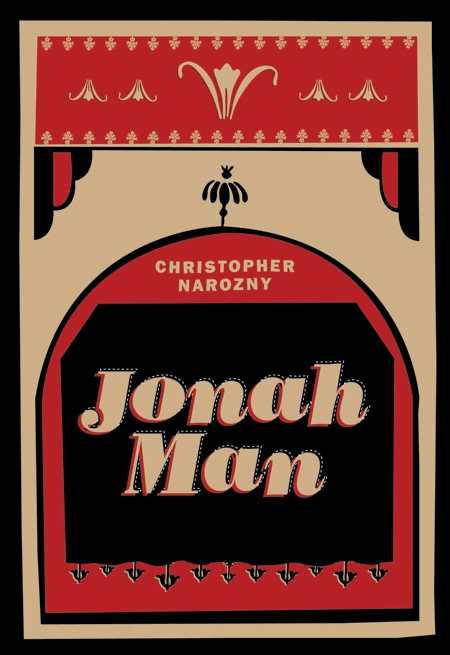
Jonah Man
The novel opens with Swain, a one-armed juggler, watching from the wings of a theater as Jonson and his boy dance atop wooden barrels. They are all performers in a small-town vaudeville circuit where a runaway donkey has been known to shut down the show.
Jonah Man is a vaudeville term for a performer who has stalled in his career. Swain has made a Faustian bargain that includes self-mutilation and drug trafficking to prolong his time in front of the calcium lights.
He’s warned—or threatened—by Jonson that he’s done and should abandon his dual careers while he still can. Like Swain, Jonson is supplying vials of silver-blue liquid to clients along the circuit and using the drug himself. Is Jonson trying to rid himself of competition—or does he really have a message for Swain?
Swain knows Jonson as an abusive drunk who exploits the weaknesses of others. He also knows that Jonson’s boy is a prodigy, “a hytone note on a bill of hokum,” eager for an opportunity at the big time. When a murder occurs, the question for the reader is not who did it, but who will manage to leave the town alive.
This lean, tightly constructed novel may incorporate the language of vaudeville, but it portrays a dark underworld of life in the West during the early part of the twentieth century. It is narrated in turn by four characters: Swain, Jonson, Jonson’s boy, and the Inspector, whose own ambition causes him to make errors that endanger the others.
Christopher Narozny earned an MFA in fiction from Syracuse University and a PhD in creative writing and literature from the University of Denver. He was awarded the Frankel Dissertation Fellowship for an earlier draft of Jonah Man.
This strong first novel deserves a wide audience. It’s the story of men whose ambition outran their talent, and of the boy who seized his chance.
Reviewed by
Karen Ackland
Disclosure: This article is not an endorsement, but a review. The publisher of this book provided free copies of the book to have their book reviewed by a professional reviewer. No fee was paid by the publisher for this review. Foreword Reviews only recommends books that we love. Foreword Magazine, Inc. is disclosing this in accordance with the Federal Trade Commission’s 16 CFR, Part 255.
